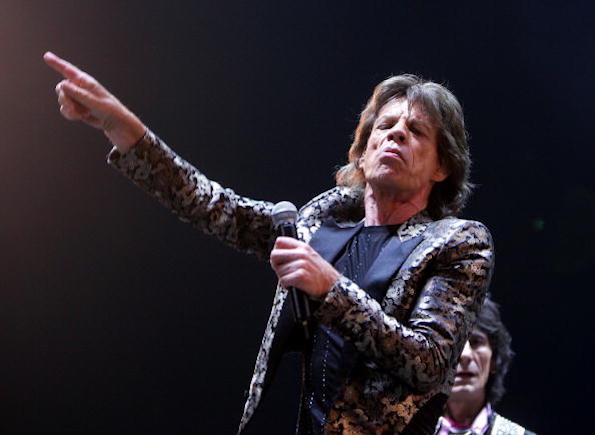Q. What are the essential startup programs in Windows?Q. What are the essential startup programs in Windows?
We'll be featuring an abridged Q&A from Fred Langa's LANGALIST, a feature available exclusively to paid subscribers of the Windows Secrets newsletter. Today's Q&A: What are the essential startup programs in Windows?
April 21, 2016

Depending on your setup, Windows startup might load some apps, a bunch of apps, or even no apps at all. The more apps that load this way, the longer will be your PC’s startup time.
This leads to the question ...
Q. What are the essential startup programs in Windows?
A.
Although many apps might place themselves in the startup queue, there are very few that must run when Windows boots. In fact, Windows can boot without anything in the startup queue!
What’s in your startup queue? Here’s one easy way to find out:
Win7 and Vista: Enter msconfig into the Start/Run box and then select the Startup tab.
Win10/8: Enter taskmgr in the right-click Run box and then select the Startup tab. (If Task Manager’s initial dialog box doesn’t have a Startup tab, click the More details link to reveal it.)
Items listed on the Startup tab are preloaded into memory at boot time. This allows the apps to start working right away, or to be ready for a fast response when you call on them later.
But this preloading process is a tradeoff. It takes time to loading these apps, which makes your startup process slower.
Conversely, if an application isn’t loaded at startup, you should have a somewhat faster startup but opening the software later might take a skosh longer. Again, it’s a tradeoff.
In some cases, preloading is a good thing. For example, you obviously want your full-time anti-malware program and other security tools up and running as soon as possible. If this type of software appears in your PC’s startup queue, it’s probably best to leave it alone.
Other, less-essential apps can be in the startup queue for no good reason. These apps may be safely removed or disabled.
For example, I’ve seen some print managers load at startup. But why? Who prints anything before Windows even finishes loading?
There’s usually no harm in removing this kind of software from the startup queue. For example, that non-preloaded print manager will still load and work normally later, when you actually print something. But the first print job might take slightly longer to get started.
It’s usually safe to experiment with startup apps. In msconfig or taskmgr, disable whatever startup apps you think don’t require preloading. Next, reboot the system and see what happens. The usual result should be a slightly faster startup and slightly slower first-use of whatever app you removed from the startup queue.
Later, if you prefer that Windows preload a given app, just re-enable the app on msconfig‘s or taskmgr‘s Startup tab.
*
Editor's note: We feature an abridged Q&A from Fred Langa's LANGALIST, a column available exclusively to paid subscribers of the Windows Secrets newsletter,. What you see here is just a small sampling of what Langa's writing for the newsletter — go here for more information on how to subscribe.
About the Author
You May Also Like






.jpg?width=700&auto=webp&quality=80&disable=upscale)
